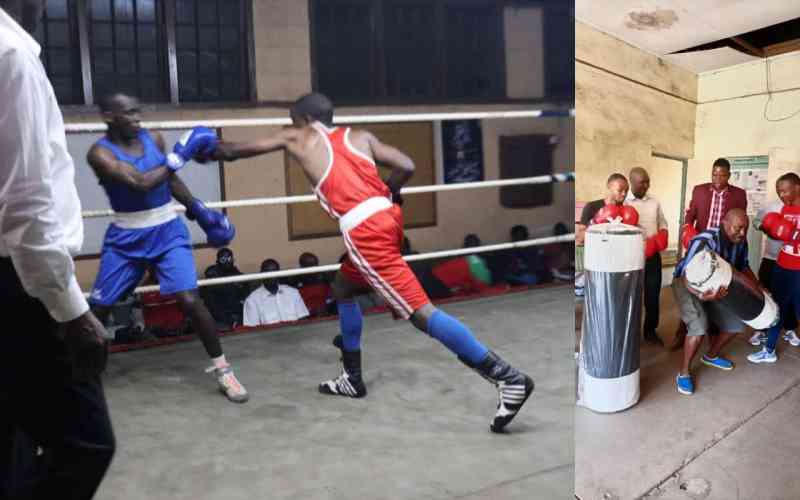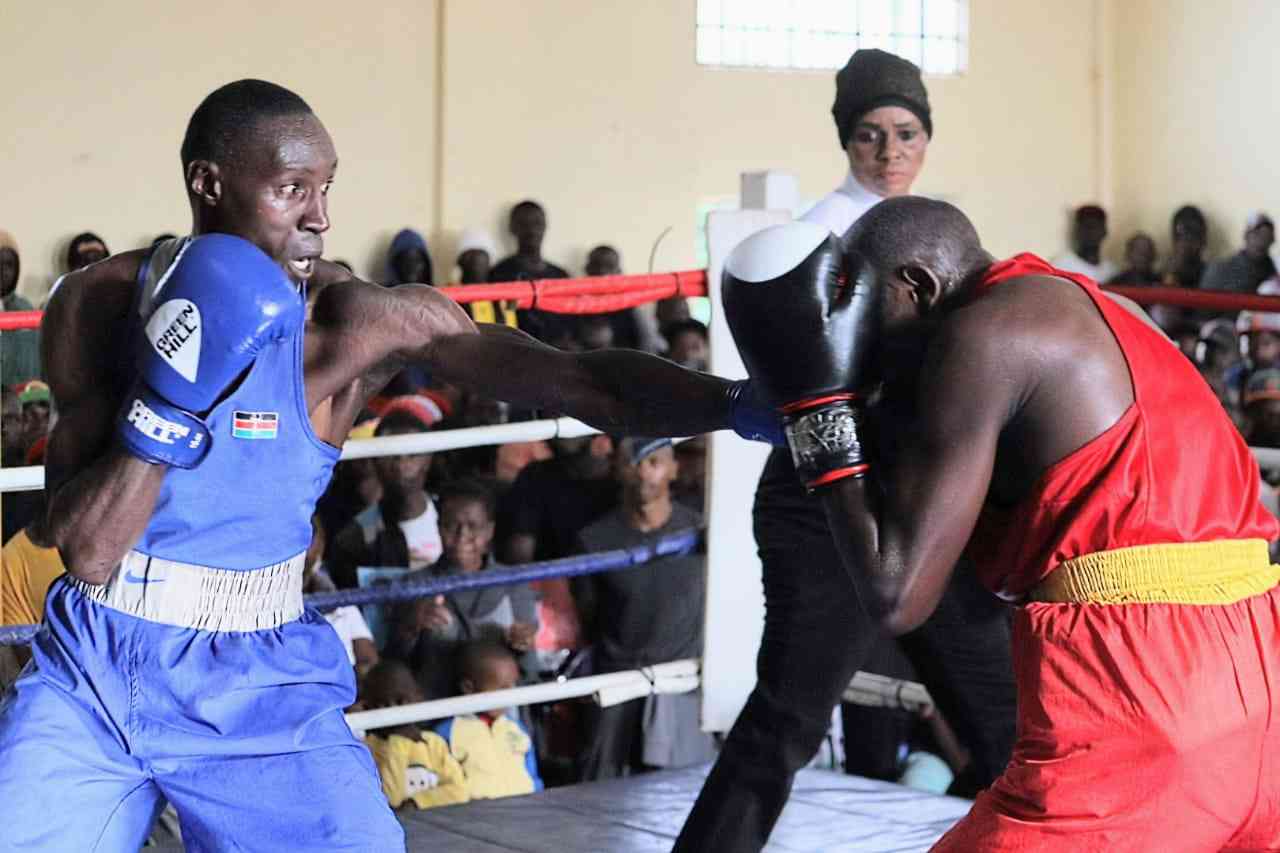Fatumah Ahmed is the first female Brigadier in the Kenya Defence Forces; a disciplined service that has long been considered the preserve of men.
She joined the army in 1983 at a time when female recruits were not assigned combat duties, yet her determination and hard work saw her rise through the ranks to finally become a brigadier.
Brigadier Ahmed’s narrative should serve to spur women aspiring for greater achievement in all spheres of life to shake off the shackles holding them down; the restrictions that a male-dominated, culture-leaning society has placed on them.
There are many outdated traditional beliefs and societal restrictions that, though overtaken by time and events, it takes the likes of Brigadier Ahmed to shatter and lay the groundwork for women to rise up and demand their rightful place in society.
All around the world, there is a groundswell of women rising up; in the US, Hillary Clinton could still become the first female President of the world’s sole Superpower; conglomerates like HP, Yahoo! and Pepsico have (Meg Whitman, Marissa Mayer and Indra Nooyi) all women sitting in the C-suites. Like them, Oprah Winfrey, the queen of talk shows has shown that what men can do,
omen can do better.
In Africa, Liberia, a country once ravaged by war, was the first country in Africa to elect a woman President, Ellen Johnson Sirleaf. The world has had great female leaders in Margaret Thatcher, Indira Gandhi and Angela Merkel. In Kenya, Martha Karua, Nyiva Mwendwa, Sally Kosgei, Grace Ogot and many others have, through grit, risen to the high table.
Rwanda’s quota system, which was introduced in 2003, has gradually seen women representation rise from a negligible number to 64 per cent today. Rwanda has the distinction of being the only country in the world with the highest number of female representation. Judging by how well it is doing apart from the few constitutional hiccups, women there have shown they are good, focused leaders.
The point of departure with the Kenyan women leadership is that their Rwandan counterparts do not expect everything handed to them on a silver platter. They offer themselves in the competitive field of elective politics and beat men at their own game.
That is how it should be done, and Brigadier Ahmed’s case proves it. Instead of dependence on nominations and reserved seats, more women must come out to challenge men and prove they are able. In any case, women make a bigger percentage of the Kenyan voters.
Today, female representation in Parliament stands at 15 per cent. That should change. And they have the power in their hands.
The two-thirds gender representation rule, one of the constitutional Bills that must meet the constitutional deadline of Thursday (August 27), has generated a lot of heat following an apparent reluctance by male MPs to actualise it.
Be that as it may, the 2010 Constitution overly promotes Affirmative Action. The drafters might have reckoned, like this newspaper believes, that giving minority groups a fair chance in top-notch policy, legislative, oversight and budgeting roles from which they had been excluded for decades, is good for the country.
But where that is not forthcoming, the narratives of heroines like Brigadier Ahmed should rouse the female folk to declare that the sky is the limit and go for what they believe in.
Stay informed. Subscribe to our newsletter
 The Standard Group Plc is a
multi-media organization with investments in media platforms spanning newspaper
print operations, television, radio broadcasting, digital and online services. The
Standard Group is recognized as a leading multi-media house in Kenya with a key
influence in matters of national and international interest.
The Standard Group Plc is a
multi-media organization with investments in media platforms spanning newspaper
print operations, television, radio broadcasting, digital and online services. The
Standard Group is recognized as a leading multi-media house in Kenya with a key
influence in matters of national and international interest.
 The Standard Group Plc is a
multi-media organization with investments in media platforms spanning newspaper
print operations, television, radio broadcasting, digital and online services. The
Standard Group is recognized as a leading multi-media house in Kenya with a key
influence in matters of national and international interest.
The Standard Group Plc is a
multi-media organization with investments in media platforms spanning newspaper
print operations, television, radio broadcasting, digital and online services. The
Standard Group is recognized as a leading multi-media house in Kenya with a key
influence in matters of national and international interest.








